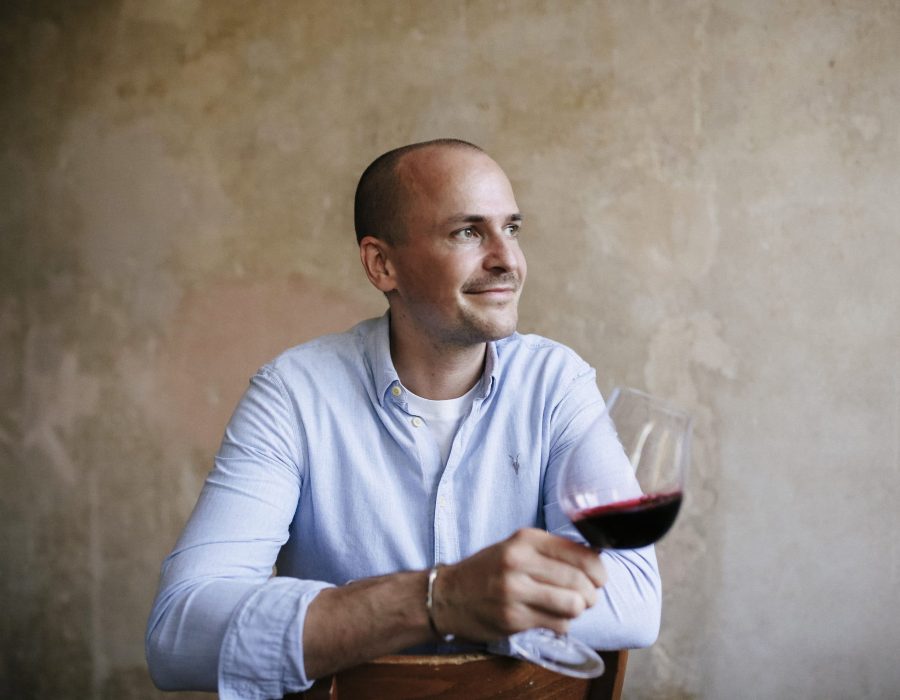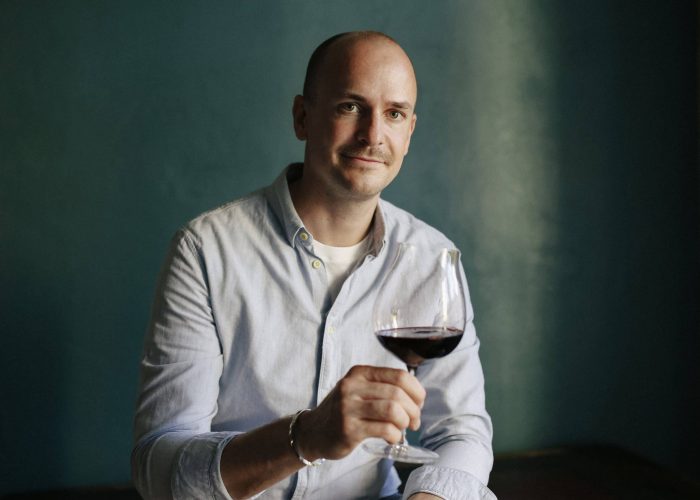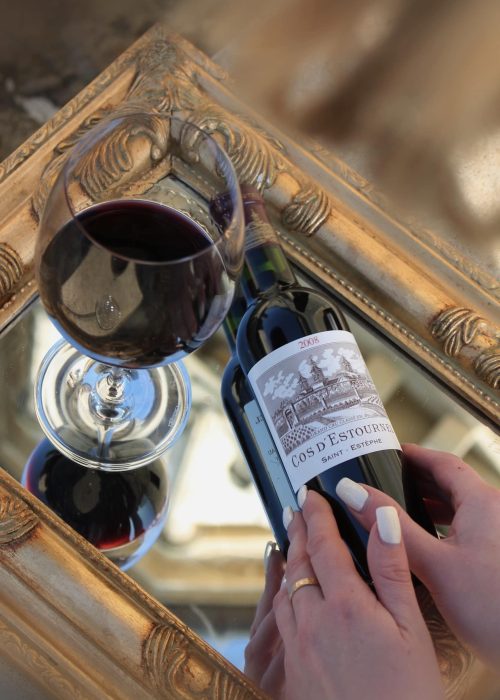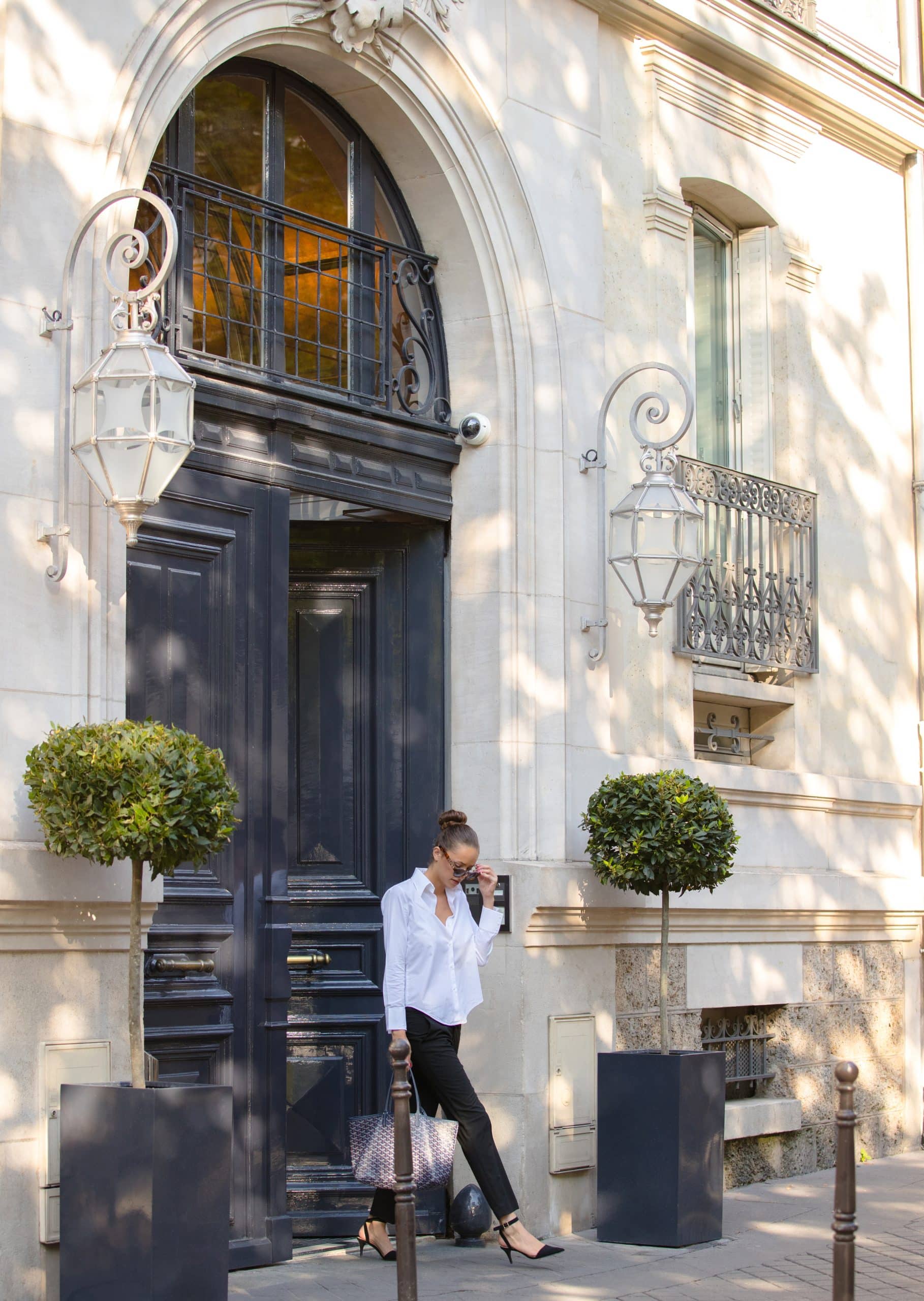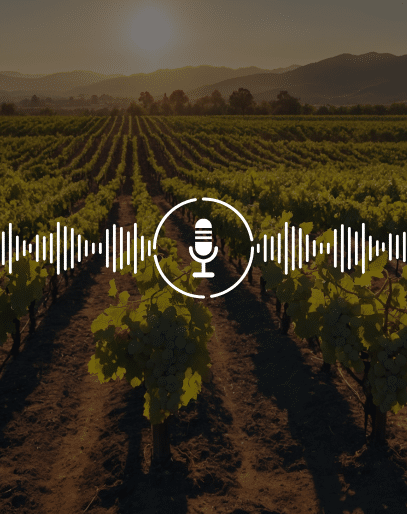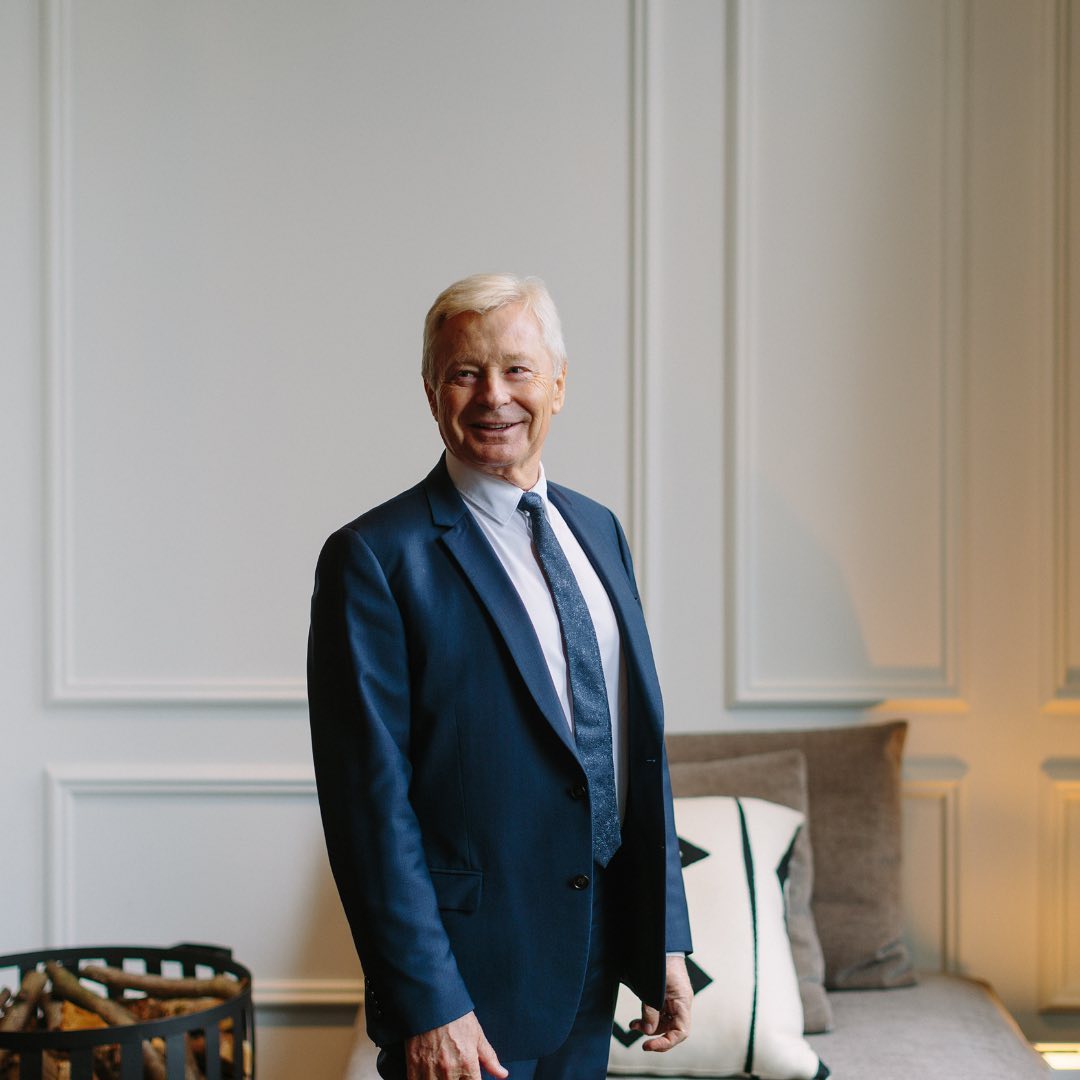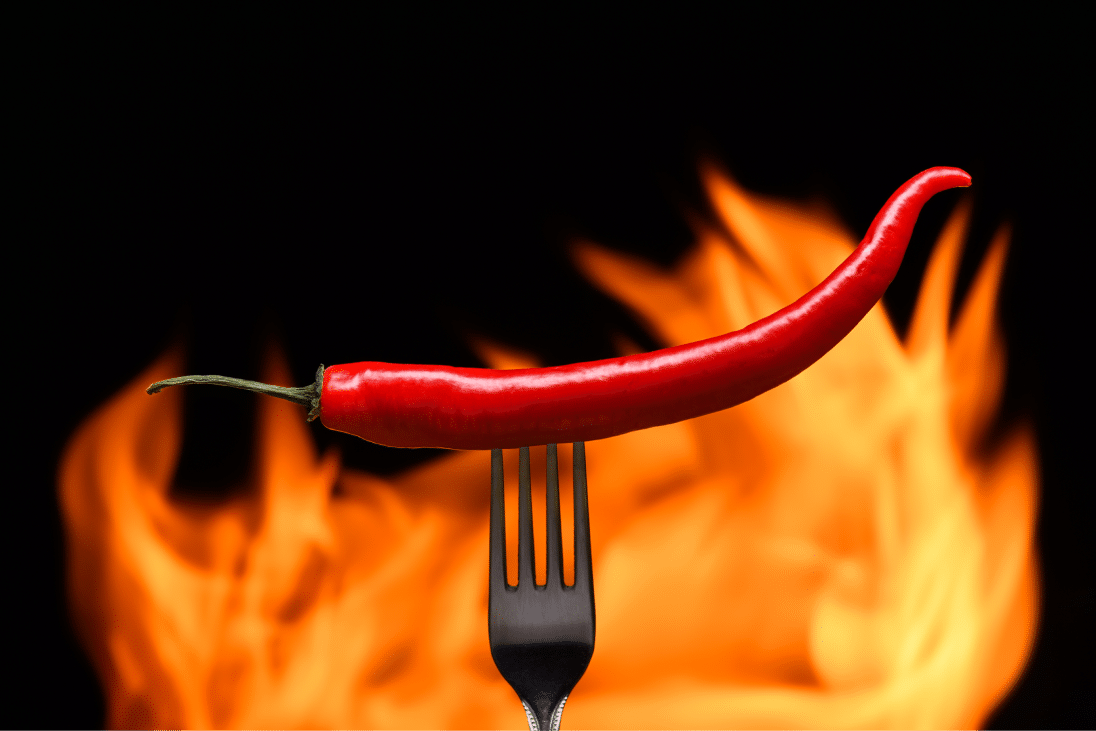Divine & Captivating wines

Private member
Go behind the scene at Cos d’Estournel and get access to exclusive events, personalized advice on your wines, as well as news direct from the estate.
Login
Create account

Private member
text
Go behind the scene at Cos d’Estournel and get access to exclusive events, personalized advice on your wines, as well as news direct from the estate.
Login
 Private member
Private member
Go behind the scene at Cos d’Estournel and get access to exclusive events, personalized advice on your wines, as well as news direct from the estate.
Login
Create account


